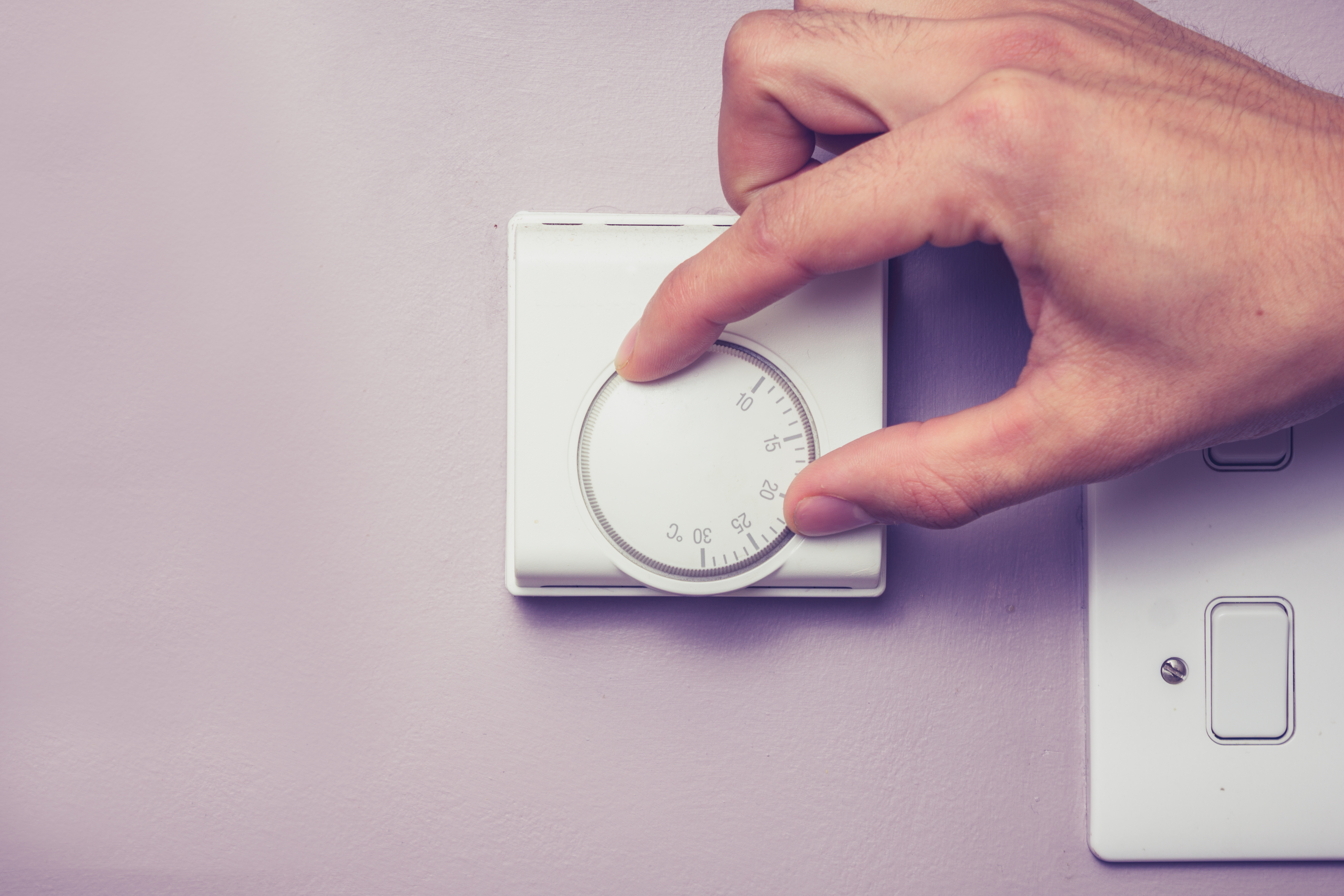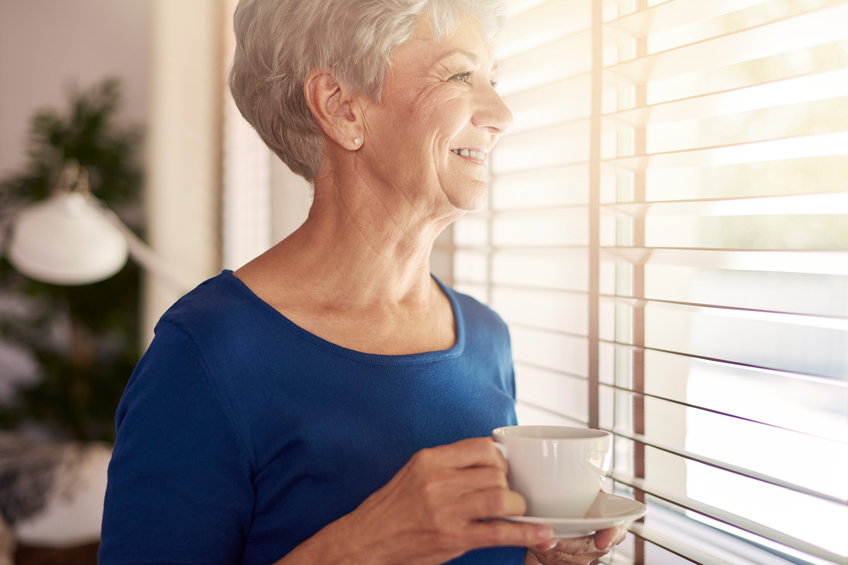
Elderly vulnerabilities, what are they? As we age, we are more likely to become vulnerable to certain conditions. In this ongoing series, we shall explore some of these vulnerabilities. We will investigate how you can take care of yourself or support an elderly relative in ensuring that they can be fully equipped to cope with these conditions. In this first part, we will look at the cold weather and how you can support the vulnerable during a cold snap.
Elderly Vulnerabilities: Susceptibility to the Cold
Older people tend to be more susceptible to the cold weather. Their bodies are not able to detect how cold they are as well as they would have years before. This means that the body does not regulate temperature as well.
With a higher chance of experiencing respiratory problems and other illnesses, the cold weather can be a real issue for the elderly.
Elderly Vulnerabilities: Regulating Home Temperatures
It is particularly important that elderly people have a warm home with a consistent temperature maintained throughout. It is advised that the ideal temperature for the living room is 21°C and the ideal temperature for the bedroom is 18°C.
If you are supporting an elderly relative, it is advisable to regularly check that everything is in working order. Set the thermostat to maintain these temperatures.

Providing Support
There are many things you can do in order to support an elderly relative during the cold weather:
- Provide a number of prepared meals that can be heated up to ensure they are having hot food on a daily basis
- Practice gentle exercises with your loved one that can help to encourage circulation
- Help to prevent slips and trips during the cold weather by putting down salt on paths and driveways around their property
- Ask neighbours to check in when they are able to
How to Identify Hypothermia
Elderly people are at a higher risk of getting hypothermia as their bodies struggle to warm up. If someone is suffering from hypothermia, it is important to identify this quickly so treatment can be administered. Somebody with hypothermia may be displaying the following symptoms:
- A bluish colour to the fingertips and lips
- Skin is cold to the touch
- Confusion and slurred speech
- Fatigue
If you suspect someone to have hypothermia, you should call for medical help or go to the hospital immediately. While you are waiting for help to arrive, you should:
- Move the person to somewhere warm and dry
- Cover them with blankets
- If they are conscious and aware, offer them a warm beverage

Supporting elderly relatives and friends is important, especially during cold weather. At UK Stairlifts, we understand that you may be worried about your loved ones, which is why we approach every stairlift installation with care and compassion.
If you would like to find out more about how we can help your elderly relative through stairlift installation, please don’t hesitate to get in touch with a member of our friendly team by calling 0800 046 3438 or email us at info@stairlifts.uk.net and we will be more than happy to help.

